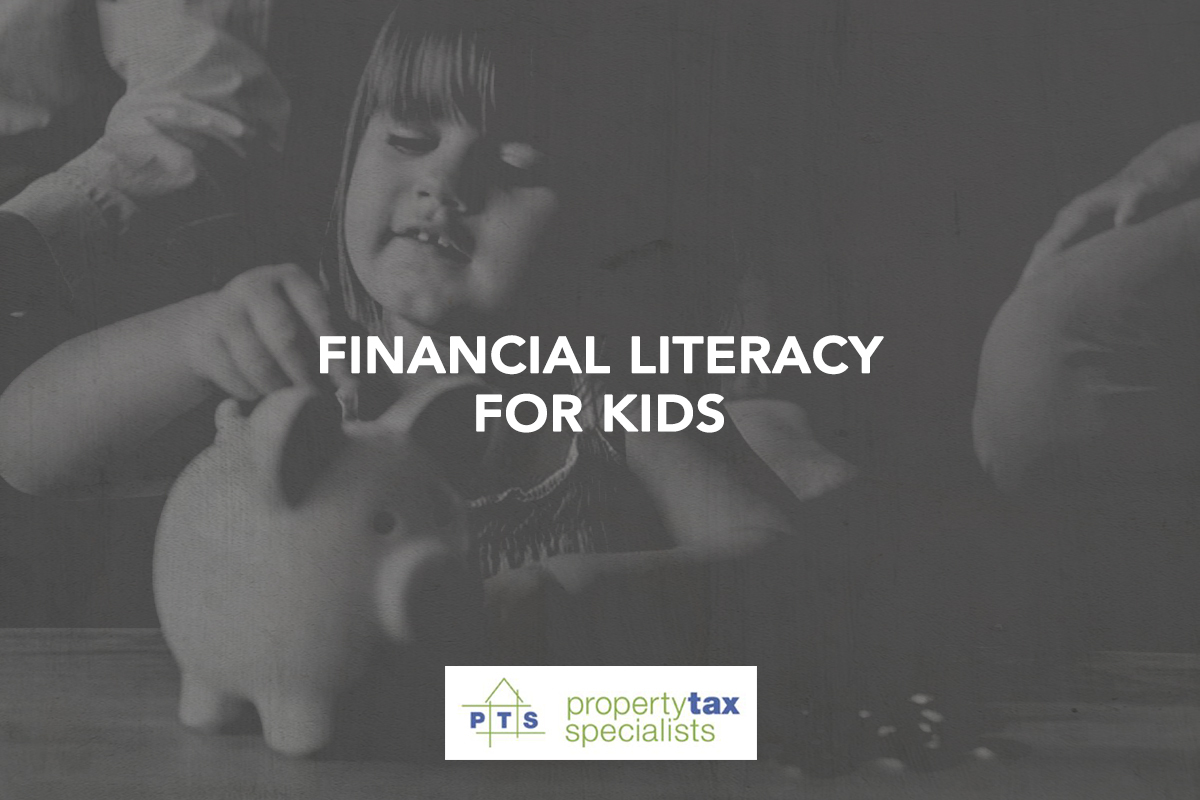Financial Literacy for Children: A Must-Have Life Skill for a Secure Future
A firm grasp of financial literacy is a key life skill that equips young individuals to make informed decisions about their finances in the future.
And with the increasing complexity of the financial landscape, this skill has become more valuable than ever. But unfortunately, so many children and teens aren’t receiving the basic financial education they need.
So, this looks into the significance of teaching your kids about money and offers practical tips on how to start the money conversation with them.
What is Financial Literacy?
Financial literacy is about understanding and effectively managing your finances. It encompasses knowledge of financial concepts such as:
- Budgeting
- Saving
- Investing
- The ability to make informed financial decisions
Why is Financial Literacy for Kids so Important?
Teaching kids about money and financial literacy can help them develop healthy financial habits that will benefit them in the long run.
According to the Australian Government’s National Financial Capability Strategy, 17% of Australians are not very confident or not confident at all about their ability to hit a financial goal. Another thing to note is that 94% of young Australians aged 14 to 17 either agreed or strongly agreed that it is important to learn how to manage their money, yet only 42% of young Australians aged 14 to 17 felt confident or very confident managing their money.
This lack of financial literacy can lead to several problems, such as high levels of debt, difficulty saving for retirement, and a lack of investment in education and career development.
Educating our children about money can help them avoid these problems and set them up for a successful financial life, -which is why financial literacy is so important.
When to Start the Money Talk
Our attitude towards money is shaped in early childhood by observing how our parents handle money. A study by the University of Cambridge (commissioned by the UK’s Money Advice Service) found that, by age seven, children start to form money habits that they will carry through to adulthood.
The study indicates that, by age four, kids are able to understand that items need to be bought and paid for. By age seven, they are able to grasp the value of money and how a transaction works.
That’s why it’s never too early to talk to your kids about money.
How to Initiate the Money Talk
Starting the money talk with your kids can be difficult, but, as you now know from the study, it’s a key step in helping them develop financial literacy.
Here are some tips:
Begin Early
The earlier you start talking to your kids about money, the more likely they are to develop healthy financial habits. Even young children can learn about the concept of earning, saving, and spending money.
Utilise Everyday Examples
Children are more likely to understand financial concepts if they can relate them to their own lives. For example, while grocery shopping, show your child how you compare the prices of different products. Or, if they want a new toy, discuss its cost and how long it might take to save up their allowance to buy it.
Model Good Financial Habits
Children learn by example, so practising good financial habits is important. Set a good example to show your kids how to budget, save, and invest. For example, when planning a family vacation, sit down with your kids and show them your budget. Discuss the costs of transportation, accommodation, and activities and how you’ve saved up for them over time.
Use Age-Appropriate Language
Children of different ages will understand financial concepts differently. Use age-appropriate language and explain concepts in a way that your child can understand.
So, for a 5-year-old, you might say, “Money helps us buy things we need, like food and clothes.” For a 12-year-old, you can delve deeper into concepts like saving for the future or the basics of investing.
Make it Fun
Learning about money doesn’t have to be boring. Make it fun by playing board games like “Monopoly” or using apps designed to teach kids about money. You could also create a fun savings challenge where they can visually see their money grow, like a savings jar with milestones.
Encourage Questions
Encourage your kids to ask questions about money and to share their thoughts and opinions. So, if your child asks why you’re putting money into the bank, take the opportunity to explain the concept of saving. If they wonder why some items are more expensive than others, discuss value, demand, and quality.
Always praise their curiosity and provide clear answers. This will help them understand the concepts better, and it will also make the conversation more engaging.
Involve Children in Financial Decisions
Most parents exclude their kids from household finances, seeing it as an adult responsibility. But including the kids is a great learning opportunity for them. They’ll gain an understanding of how much household expenses cost, and, as a family, you can agree on ways to cut costs.
You can also involve your kids in decision-making about money. For example, when you’re buying things for the house, explain the cost and the benefits of different options.
Key Financial Concepts to Teach Your Kids
Now that you know how to incorporate financial literacy into your conversations and daily happenings, the teaching part will need to be an ongoing process. Each time they learn something new, keep in mind how you can evolve the conversation next time around.
Here are a few key concepts to teach your children about money:
| Financial Concept | Description |
| The Difference Between Needs and Wants | Children need to understand the difference between needs and wants. Needs are essential for survival, such as food and shelter, while wants are things we’d like to have but don’t necessarily need, such as toys and clothes. |
| The Concept of Earning and Saving Money | Children should learn about the importance of earning money through work and the value of saving for the things they want. |
| Budgeting and Spending | Teach children how to create a budget, stick to it, prioritise their spending, and make smart financial decisions. |
| Credit and Debt | It’s important to educate children about credit and debt. They should understand the difference between good debt and bad debt and the responsibility of using credit. |
| Giving | Emphasise the significance of giving and encourage children to donate a portion of their money to charitable causes. |
Resources for Teaching Financial Literacy
To assist you in teaching financial literacy to children and teenagers, here are some valuable resources:
Online Tools and Apps
Mint is a free budgeting app that helps teens track their spending, set financial goals, and understand their overall financial picture.
MoneySmart provides a wide range of resources, interactive tools, and games for teaching financial literacy.
Books
Books are a great resource for both you and your kids to learn about financial literacy. These three books stand out:
- “The MoneySmart Family System” by Steve and Annette Economides
- “Make Your Kid a Money Genius (Even If You’re Not)” by Beth Kobliner
- “The Teen’s Guide to Personal Finance” by Joshua Holmberg
Key Takeaways
Financial literacy helps children and teenagers make informed financial decisions throughout their lives by providing them with knowledge and skills. Starting early and utilising the available resources are vital for building a strong foundation of financial literacy. Together, let’s empower the next generation for a financially secure future.
Disclaimer
Please note that every effort has been made to ensure that the information provided in this guide is accurate. You should note, however, that the information is intended as a guide only, providing an overview of general information available to property buyers and investors. This guide is not intended to be an exhaustive source of information and should not be seen to constitute legal, tax or investment advice. You should, where necessary, seek your own advice for any legal, tax or investment issues raised in your affairs.


